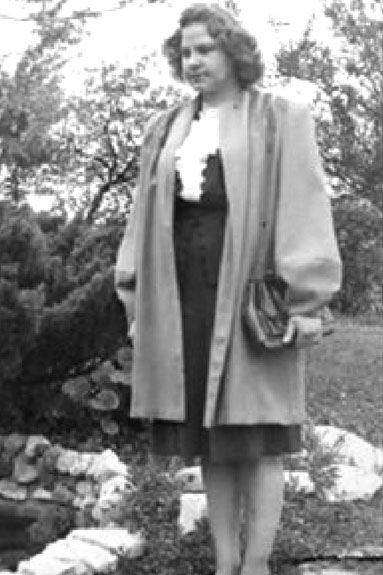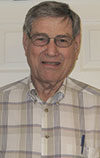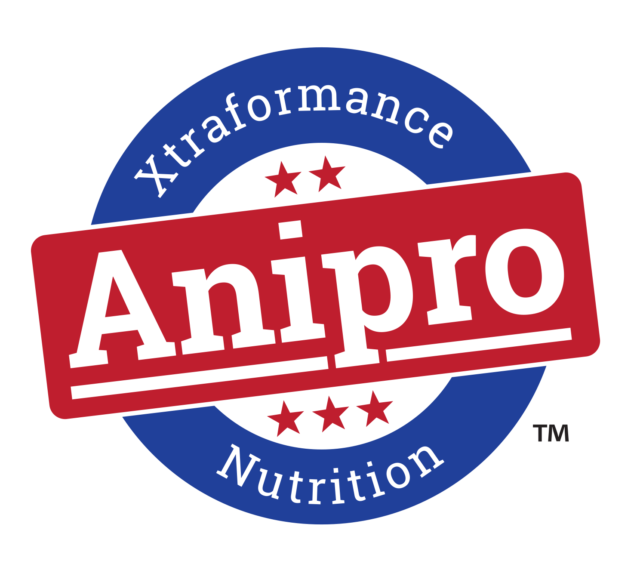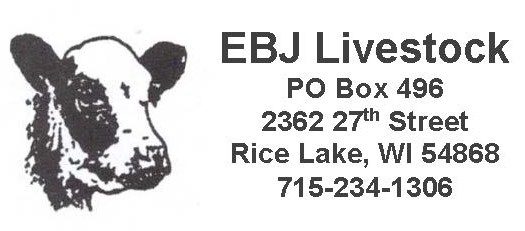Those challenges are behind a national effort – titled Annie’s Project – designed to provide a support network for women facing the challenges seen in agriculture today.
Annie’s Project recently conducted a weekly agricultural women’s workshop at the Texas A&M AgriLife Research and Extension Center in Amarillo, Texas.
In these workshop sessions, participants received risk management training in the areas of production, marketing, financial, legal and human resources. Estate-planning resources were also part of the curriculum.
“Speakers were from Texas Farm Bureau, USDA Farm Service Agency, USDA Natural Resources Conservation Service, National Weather Service, Great Plains Ag Credit, Panhandle Plains Land Bank, Underwood Law, Lone Star Portfolio Advisors and Attebury Grain,” says Dr. Jason Johnson, Texas A&M AgriLife Extension Service economist and state coordinator for Annie’s Project.
“Each speaker provided useful information about tools and strategies available to manage risk and improve decision-making.”
The mission of Annie’s Project is to empower farm and ranch women to be better business partners through networks and by managing and organizing critical information.
This mission is executed by educating women through workshops on farm and ranch management and decision-making in our complex, dynamic world of agriculture.

Organization history
Annie’s Project is based on the life of Annie Kohlhagen Fleck, who grew up in a small town in northern Illinois.
Upon marrying a farmer, Annie spent her lifetime learning how to be an involved business partner with her husband. Challenges she faced included three generations living under one roof, low profitability, changing farm enterprises and raising a family.
Fleck faced pressure from her in-laws and new regulations for selling processed food directly to the consumer. Low profitability left little money to raise a family of four children in spite of the days of hard work.
She had to make many painful sacrifices that tested her conviction to be married to a farmer, with days of tears, anger and sorrow, but there were also days of laughter, contentment and accomplishment.
Through it all, Fleck kept records while keeping the business, family and marriage moving forward. Fleck knew deadlines, reporting requirements and tax issues. She did little management jobs that supported big management decisions.
When big decisions had to be made, Fleck was there with her records. To increase cash flow, Fleck sent her husband to work off-farm while she milked cows and kept an egg route in Chicago.
Eventually, her records guided them to discontinue an egg-laying operation, a seasonal turkey enterprise and a dairy.
Other farmers with larger equipment and more resources could better run the farm. So Fleck and her husband became the landowners renting to other farmers. She paid expenses and marketed corn and soybeans.
Annie Kohlhagen Fleck died in 1997 – a wealthy woman and doing things her way.
One of her daughters, Ruth Fleck Hambleton, married a farmer and worked for University of Illinois Extension as a farm business management and marketing educator. Upon her retirement in 2009, she started the non-profit Annie’s Project.
Through her 30-year extension career, Hambleton observed and experienced all the needs farm women have for information and education. That demand for education shaped Annie’s Project.
“Annie’s Project began with a $2,000 grant from the North Central Risk Management Education Center to survey educational needs of Illinois farm women,” explains Hambleton.
“In an effort to fill the needs discovered through the survey, a grant request for $174,895 was filed with the United States Department of Agriculture Risk Management Agency (USDA-RMA) to provide educational programs and support to an estimated 200 Illinois farm women for an 18-month period.
“In August 2002, I received notice that the proposal was conditionally accepted for $40,000, and Annie’s Project was born. Of the original target of 100 women in the first year, 86 women completed Annie’s Project.”
In March 2003 at the National Risk Management Conference in Dallas, Texas, Bob Wells, Iowa State University Extension field agricultural economist, inquired about Annie’s Project.
One year later, in March 2004, educators from Illinois, Iowa and Missouri Extension met to coordinate expansion of Annie’s Project into the two additional states.
“Annie’s Project received funding for a second year through a subcontract with the University of Nebraska Women in Ag Initiative,” Hambleton says.
“The amount of funding for the second year in Illinois was $38,000. Funding from the North Central Risk Management Education Center made it possible for Annie’s Projects to be delivered in Iowa, Missouri, Wisconsin, Nebraska and Indiana. Annie’s Project is currently active in approximately 34 states.”
“North Dakota was able to initiate Annie’s Project in 2006 by partnering with Minnesota to obtain a grant from the Risk Management Agency,” explains Willie Huot, Grand Forks County extension agent and North Dakota state coordinator for Annie’s Project.
The grant money was used to organize and conduct five Annie’s Project workshops across the two states. When funding ran out in 2007, AgCountry/Farm Credit Services funded workshops held at 20 sites with over 300 women attending.
To date, over 1,000 women have attended Annie’s Project workshops in North Dakota. The state uses an interactive video network so workshops can be held simultaneously at several locations.
Why it works
“Annie’s Project is unique because it is designed strictly for women,” states Hambleton. “Women like to share their concerns, problems and successes with other women, so our workshops allow plenty of time for discussion.
“Canned slide presentations do not work in Annie’s Project workshops. Speakers have to be flexible and willing to change direction to the way the women want to go.
“Women learn from networking with each other, and that is why discussion is so important. Men are encouraged not to attend our workshops because they have a different learning methodology than women. They don’t share information as well as women and tend to want to stay focused on the agenda topics.”
“Often farm women do not feel comfortable in the coffee shop network that is so familiar to farm and ranch men,” Johnson states.
“Annie’s Project provides a place where women can learn from the perspectives of local agricultural professionals as well as the experiences of other class members. That is why the program is successful and growing.”
“In Annie’s Project workshops, women bond through learning,” says Huot. “They learn through sharing, which is very effective. These workshops empower women to become involved in farm and ranch businesses.
Some of the participants become more active and assume leadership roles in agricultural organizations at the community, state and national levels. They develop a vision and work toward its achievement.”
“Annie’s Project is the most rewarding activity that I do in extension,” says Johnson. “It really makes you feel good when the participants take the presented information and immediately put it to use.”
If you are interested in Annie’s Project, contact your local agricultural extension office to see if a program exists or is planned for your state.
Information on Annie’s Project can be found on the organization’s website. ![]()
Robert Fears is a freelance writer based in Texas.







